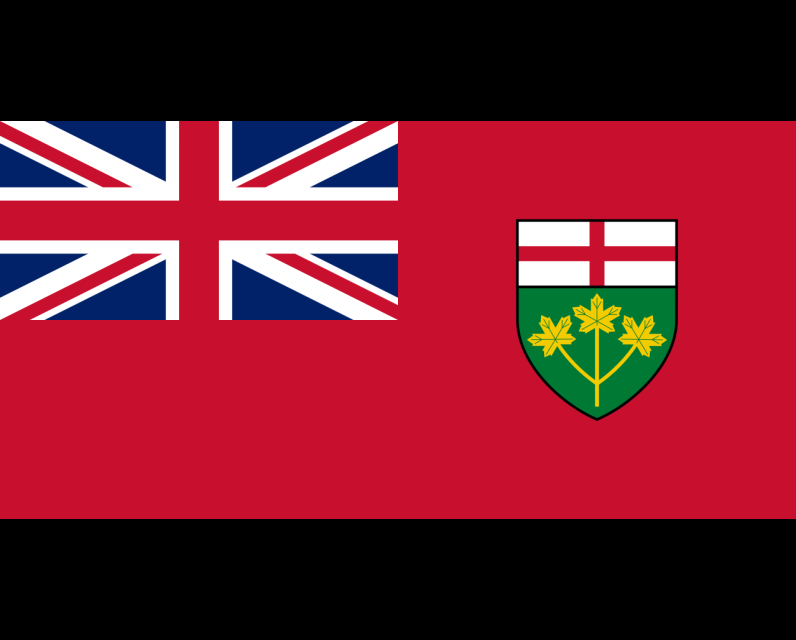Unpublished Opinions
Guy Talevi was 2022 Fundraising Chair for the Green Party of Ontario in Ottawa Centre. He lives in Ottawa.
Let's Get The Big Money Out Of Municipal Elections

City Hall's vote in June to expand Ottawa's urban boundary was further evidence that corporate dollars trump the public interest when it comes to urban planning.
The municipal level of government, more than any other, affects our daily lives. Policing, homelessness, urban planning and much more is addressed - or not - at City Hall. Yet most of us do not vote in municipal elections and even fewer donate to a municipal candidate’s campaign.
Public disinterest during municipal elections creates a power vacuum into which corporate dollars flow. In 2016, Bill 181 banned corporate and union contributions, but this had little effect on the big money. Eleven of the twenty-four seats on Ottawa city council are held by people who received a majority of their 2018 campaign contributions from the developer industry. The problem is not new and it is not confined to one city or industry. Undue corporate influence over municipal councils has been well documented in Ottawa, Toronto, the GTA and thirteen municipalities of the Lake Simcoe watershed.
We argue that any attempt at reforming municipal elections finance should have three goals: 1) providing transparency so that voters can see who is contributing to which candidates, be- fore they vote; 2) increasing voter participation, so that most campaign funds raised by candidates come from small donor fundraising; and 3) reducing barriers to participation for challenger candidates.
1) databases provide transparency
The New York City Campaign Finance Board operates a searchable database showing every contributor, candidate and third party advertiser, for contributions above $175. Similar databases are operated by the Los Angeles City Ethics Commission and Horizon Ottawa for the 2018 municipal election. The New York and Los Angeles databases show voters contribution information before they vote. Either could serve as a model for an Elections Ontario database, tracking all municipal campaigns in the next election.
2) dollar matching restores participation
As corporate donations are reduced, public funds will be needed to replace them. Tax credits are already in use at the provincial and federal levels, while in the U.S., block grants and dollar matching are also used. When combined with a lowered contribution limit, dollar matching at $6 of public funds for every $1 donated has been shown to be the most effective means of encouraging small donor fundraising. (Matching funds do not work on donors spontaneously. They work by giving candidates a stronger incentive to seek contributions from small donors.) Candidates would qualify for the program by achieving a minimum level of fundraising. Public funds would be limited to a percentage of the candidate’s spending limit. At a public cost of $25M or $1.80 per resident, this is certainly within Ontario’s means.
New York’s matching funds program has resulted in a majority of funds contributed to council candidates coming from small donors. A study from the Center for Urban Research at the CUNY Graduate Center found that registered voters who contributed to a 2013 New York City campaign were far more likely to vote in those elections than voters who did not make a contribution, certainly a welcome side effect of the program.
3) barriers for challengers must be reasonable
Challengers play a vital role in a democratic system. They engage voters, stimulate the discussion of important issues, hold power to account and stimulate democratic renewal. But for promising candidates with new ideas to come forward, the prospect of victory must be within reach. Incumbency can present a seemingly insurmountable challenge, due to the advantage of the incumbent’s name recognition and their ability to mail out newsletters at taxpayer expense for three years prior to the campaign. By reducing the time available to pay for and conduct a campaign, Bill 181 made it more difficult to challenge an incumbent. The campaign start date should be restored to January 1.
The self-funding provision is another route for corporate money to find its way into campaigns, by secret donation to the candidate. It also limits diversity, giving an unfair advantage to wealthier candidates. Self-funding should be banned, as dollar matching at 6:1 removes the need for it.
Corporate donations to third party advertisers are still allowed. Clearly, there is very little difference between a corporation contributing to a candidate’s campaign and contributing to a third party who supports the candidate and advertises in their favour. This too should be disallowed.
The electoral process decides who will speak for us. And the campaign period is a perfect time for citizens to connect with candidates, share ideas and communicate our priorities. If we want our interests served by City Hall, we need to reform Ontario’s Municipal Elections Act. Transparency, voter participation and democratic renewal can restore our confidence in City Hall.



Comments
Be the first to comment